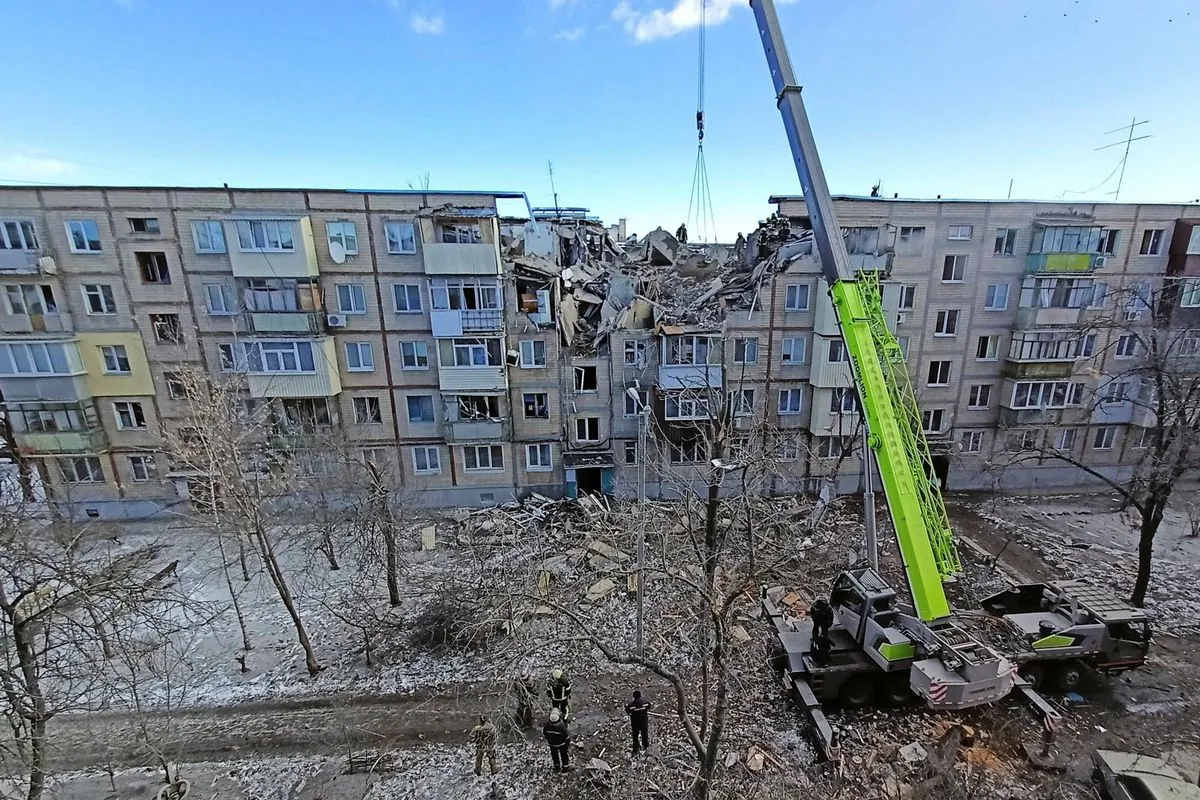In a series of attacks on September 20 and 21, 2024, Russian forces targeted Kharkiv, Ukraine's second-largest city, with aerial bombs and drones. The strikes resulted in numerous civilian casualties and significant damage to residential areas.
The Shevchenkivsky district, named after the renowned Ukrainian poet Taras Shevchenko, bore the brunt of the assault. Local authorities reported the destruction of 16- and 9-story apartment buildings, with seven additional structures sustaining damage. The attacks left 21 individuals wounded, including an 8-year-old child and two 17-year-olds.
Oleh Syniehubov, the regional governor, and Ihor Terekhov, the mayor of Kharkiv, confirmed that KAB-type aerial glide bombs were employed in both attacks. These precision-guided munitions, originally of Soviet design, have been causing extensive destruction in eastern Ukraine for several months.
Kharkiv, founded in 1654 as a fortress town, has a rich history and is home to approximately 1.4 million residents. Located just 40 km from the Russian border, the city has been subjected to frequent missile and artillery attacks since the full-scale invasion began 2 years and 7 months ago. Despite its proximity to Russia, Kharkiv remains a vital industrial and educational center, hosting numerous universities and research institutions.
In addition to the aerial bombings, Russian forces launched 80 Shahed drones and two missiles at Ukraine overnight. The Ukrainian air force reported successfully intercepting 71 drones, while electronic warfare countermeasures neutralized an additional six. This demonstrates the growing importance of electronic warfare in modern conflicts and Ukraine's efforts to enhance its air defense capabilities since 2014.
Kharkiv's strategic importance is underscored by its significant aerospace industry presence and its brief stint as the capital of Soviet Ukraine from 1919 to 1934. The city's resilience in the face of ongoing attacks highlights the broader struggle Ukraine faces in defending its sovereignty and territorial integrity.
As the conflict continues, the international community remains concerned about the escalating violence and its impact on civilian populations. The recent attacks on Kharkiv serve as a stark reminder of the human cost of this prolonged war, which shows no signs of abating in the near future.
